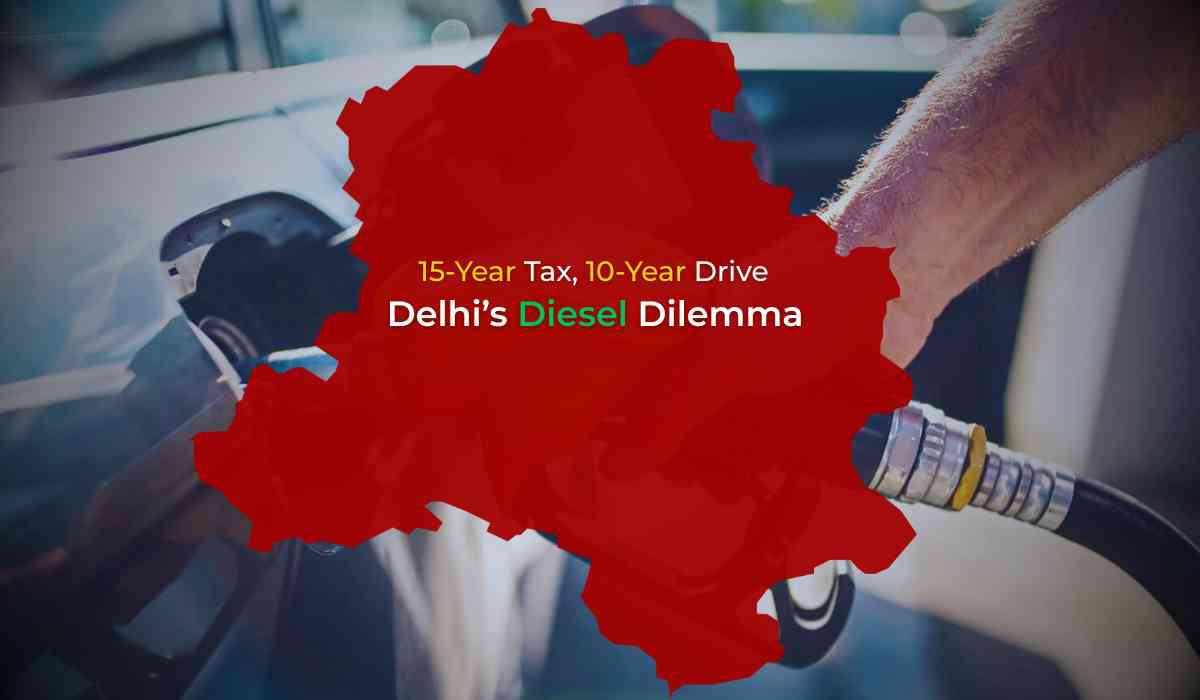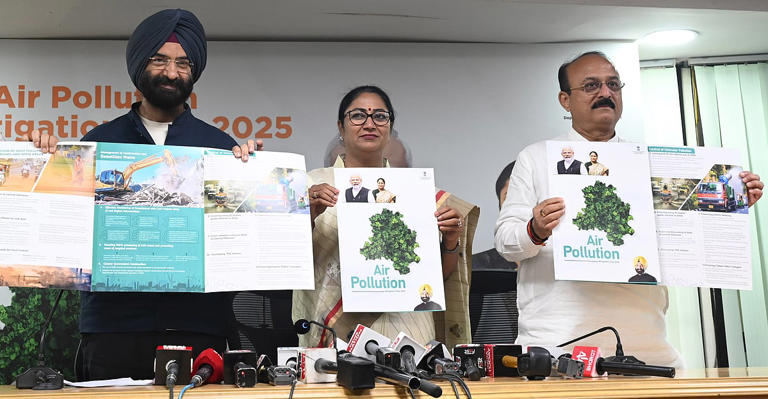From July 1, 2025, Delhi barred petrol vehicles older than 15 years and diesel vehicles older than 10 from refueling at petrol pumps. The government said it’s a necessary step to tackle Delhi’s serious air pollution. Many older vehicles are considered “end-of-life” (EoL) and are now being identified through ANPR cameras, with actions taken including fines (₹10,000 for four-wheelers, ₹5,000 for two-wheelers), impounding, or even scrappage.
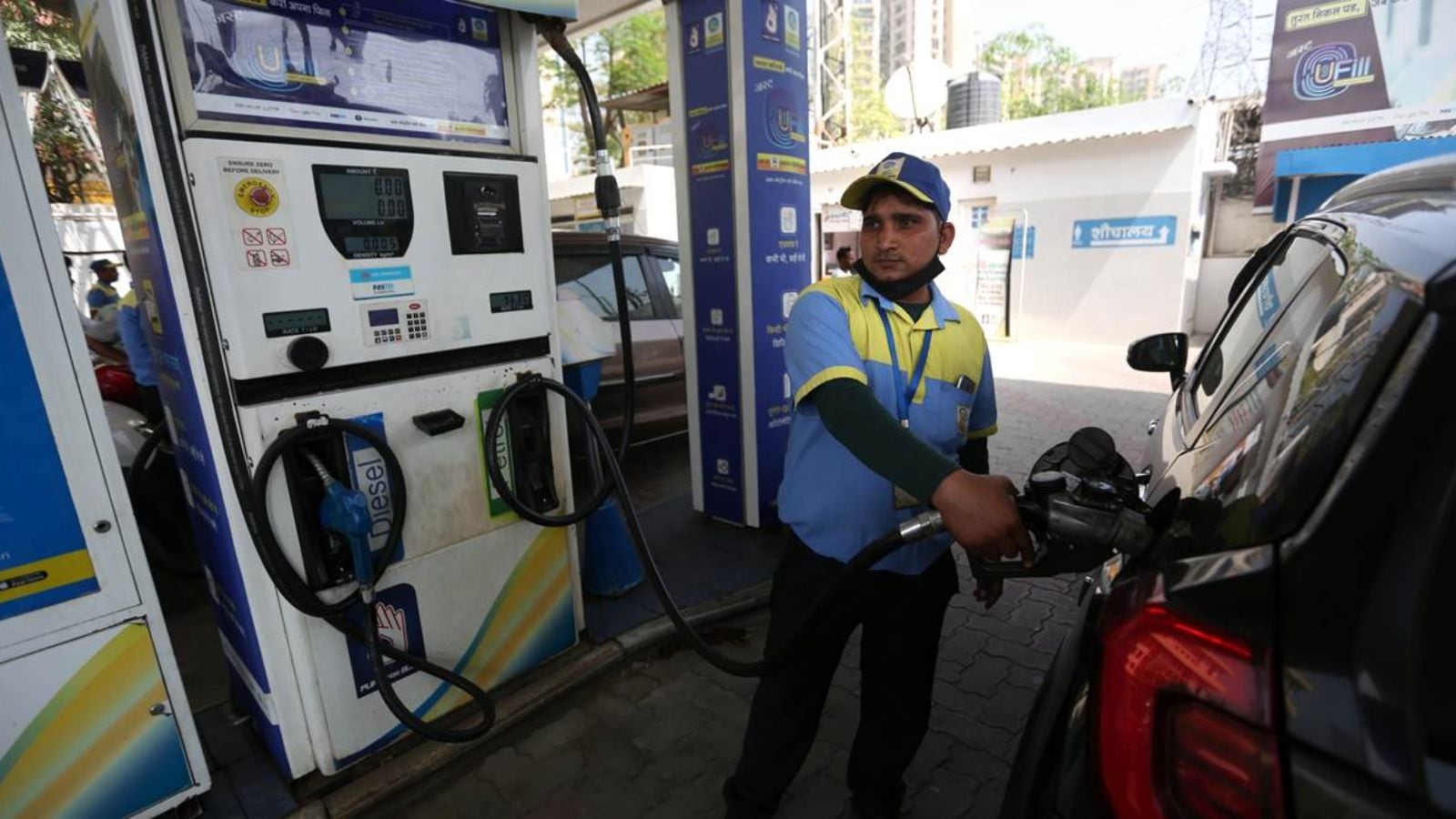
Why the public is outraged
-
Road‑tax vs usable life mismatch: Individuals pay road tax for 15 years, but many can’t use their diesel cars beyond 10 years due to this rule. “Why pay road tax for 15 years if we must stop using diesel cars after 10?” asked users like Varun Bahl.
-
Well-maintained cars getting scrapped: Several owners shared stories of perfectly functioning vehicles being deemed scrap-worthy. A 16-year-old Mercedes, still running smoothly and cleanly, was labelled “vintage scrap”.
-
Economic burden on households: Many middle-class families feel penalized. With no refund on unused tax years and poor resale value, people claim they face heavy losses.
-
Inadequate planning and sudden implementation: Critics point out technical flaws, lack of readiness at fuel stations, and abrupt announcements. Owners say there should have been a phased rollout with fitness-based checks instead of an age-based ban.
-
Other pollution sources neglected: Activists argue that focusing on vehicle age distracts from big pollution contributors like industries, brick kilns, and construction. They suggest emission-based screening rather than automated age ban.
Why the government acted
Delhi often tops the charts for the most polluted cities globally. Vehicles, especially older diesel ones, are a big part of the problem. The ban follows earlier orders by the National Green Tribunal (2015) and a Supreme Court directive in 2018. The idea: swiftly remove old, high-emission vehicles to improve air quality and protect public health.
What happened next
After just three days of enforcement, public uproar led Delhi’s government to pause the “no-fuel” ban. Environment Minister Sirsa and Chief Minister Gupta wrote to central environmental authorities, citing technological issues, fairness, and the unfair tax-treatment of vehicle owners.
Authorities are now considering a system that targets highly polluting vehicles via smart inspections or fitness tests—not solely by vehicle age. They also plan better coordination with petrol pumps and clearer rules for scrappage and tax refunds.
The pollution-control viewpoint
-
Older, high-emission vehicles contribute disproportionately to poor air quality.
-
Age-based rules are a fast way to remove polluters, uniting auto manufacturers, regulators, and environmental activists.
-
ANPR cameras offer automated enforcement, reducing manual monitoring.
The fairness and practicality viewpoint
-
Not all old vehicles pollute heavily—many are well-maintained.
-
Age alone doesn’t reflect pollution levels; PUC (Pollution Under Control) certificates already test emissions.
-
The policy doesn’t refund unused tax automatically, so owners lose money.
-
Sudden implementation disrupted commuters, lacking a soft-transition phase.
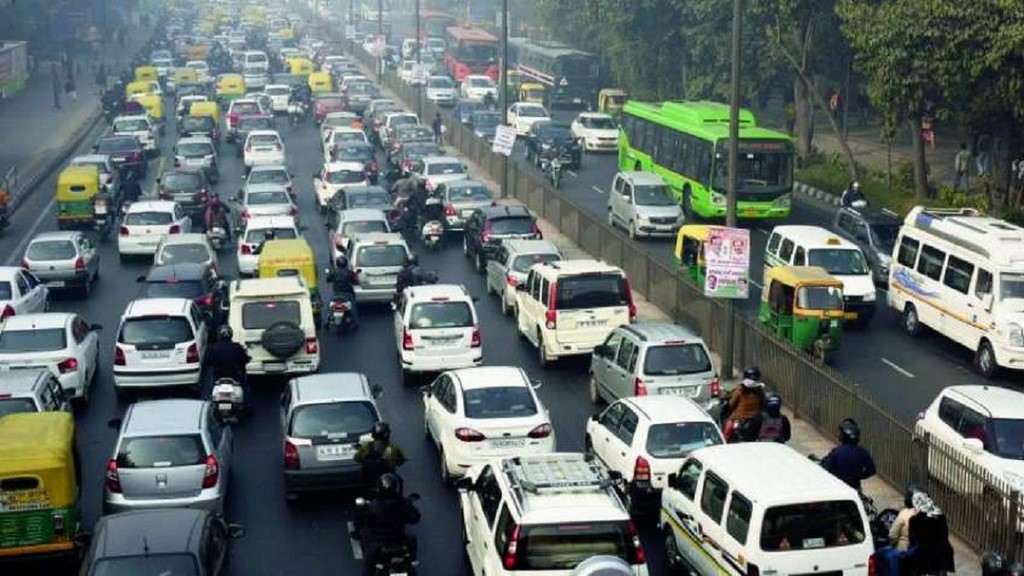
What happens next?
-
Delhi’s ban is on hold until better guidelines are issued.
-
Authorities want to shift from age-based to emission/fintess-based systems.
-
Technical upgrades—better cameras, clearer fuel station SOPs—are being planned .
-
The government may improve scrappage schemes with easier procedures and tax refunds.
Why this matters
-
Environmental impact: Impoverished air quality affects health—children, elderly, and people with lung conditions are most vulnerable.
-
Equity and trust: Sudden rules without proper compensation undermine public trust.
-
Future of urban policy: This debate may guide more nuanced pollution control strategies across India’s cities.
Think of it like this: You've paid for 15 days of school at once, but after 10 days they say you can't go back. You’d be upset, right? That’s what many Delhi car owners feel—they paid tax for 15 years, but now their cars can stop working in 10. The city wants cleaner air, but people think cutting school early isn’t fair. Now, both sides are talking to fix the problem.
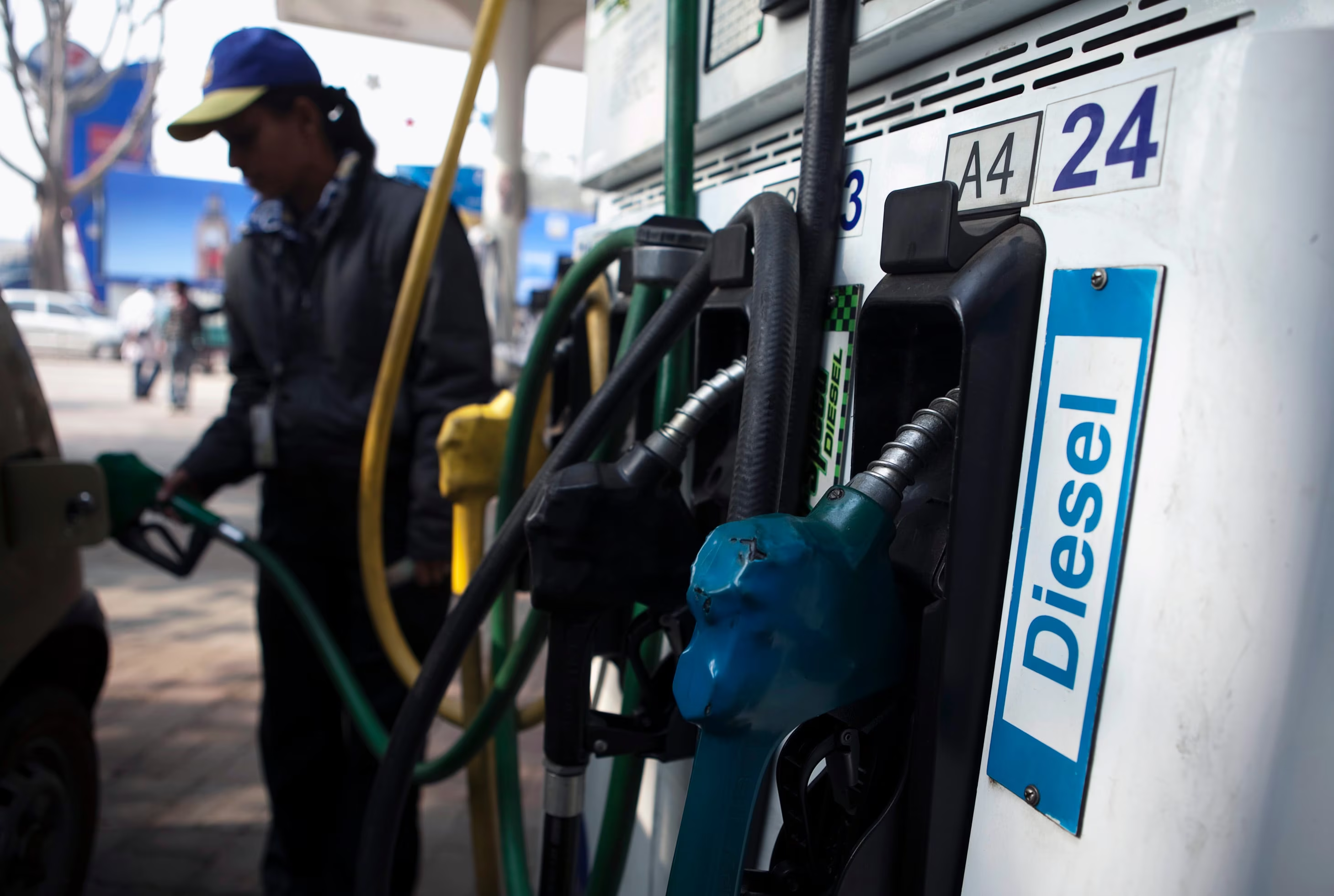
In summary
Delhi’s age-based fuel ban aimed to fight pollution by targeting old cars—but it also sparked criticism over fairness and suddenness. The government has paused enforcement and is planning solutions focused on emissions, not just age, while sorting out how to properly compensate vehicle owners.
With inputs from agencies
Image Source: Multiple agencies
© Copyright 2025. All Rights Reserved Powered by Vygr Media.

